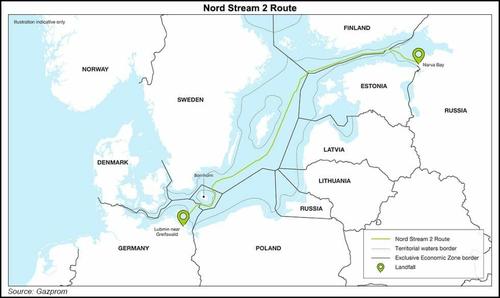Plain Jane
Just Plain Jane
April's thread is here:
 www.timebomb2000.com
www.timebomb2000.com
Regional Conflict in Mediterranean beginning page 73 here:
 www.timebomb2000.com
www.timebomb2000.com
Ukraine thread beginning page 75 is here:
 www.timebomb2000.com
www.timebomb2000.com
Main Coronavirus thread beginning page 1343 here:
 www.timebomb2000.com
www.timebomb2000.com

 apnews.com
apnews.com
3D-printed home in Dutch city expands housing options
yesterday

1 of 8
Exterior view showing the printer layers of the 3D-printed 94-square meters (1,011-square feet) two-bedroom bungalow resembling a boulder with windows in Eindhoven, Netherlands, Friday, April 30, 2021. The fluid, curving lines of its gray walls look natural. But they are actually at the cutting edge of housing construction in the Netherlands and around the world. They were 3D printed at a nearby factory. (AP Photo/Peter Dejong)
EINDHOVEN, Netherlands (AP) — Elize Lutz and Harrie Dekkers’ new home is a 94-square meter (1,011-square foot) two-bedroom bungalow that resembles a boulder with windows.
The curving lines of its gray concrete walls look and feel natural. But they are actually at the cutting edge of housing construction technology in the Netherlands and around the world: They were 3D printed at a nearby factory.
“It’s special. It’s a form that’s unusual, and when I saw it for the first time, it reminds me of something you knew when you were young,” Lutz said Friday. She will rent the house with Dekkers for six months for 800 euros ($970) per month.
The house, for now, looks strange with its layers of printed concrete clearly visible — even a few places where printing problems caused imperfections.
In the future, as the Netherlands seeks ways to tackle a chronic housing shortage, such construction could become commonplace. The country needs to build hundreds of thousands of new homes this decade to accommodate a growing population.
Theo Salet, a professor at Eindhoven’s Technical University, is working in 3D printing, also known as additive manufacturing, to find ways of making concrete construction more sustainable. He figures houses can be 3D printed in the future using 30% less material.
“Why? The answer is sustainability,” he said. “And the first way to do that is by cutting down the amount of concrete that we use.”
He explained that 3D printing can deposit the material only where you need it.
A new generation of start-ups in the United States also are among the companies looking to bring 3D-printed homes into the mainstream.
Fittingly, Lutz and Dekkers’ new house is in Eindhoven, a city that markets itself as a center of innovation.
The home is made up of 24 concrete elements “printed” by a machine that squirts layer upon layer of concrete at a factory in the city before being trucked to a neighborhood of other new homes. There, the finishing touches — including a roof — were added.
The layers give a ribbed texture to its walls, inside and out. The house complies with all Dutch construction codes and the printing process took just 120 hours.
The home is the product of collaboration between city hall, Eindhoven’s Technical University and construction companies called Project Milestone. They are planning to build a total of five houses, honing their techniques with each one. Future homes will have more than one floor.
The process uses concrete the consistency of toothpaste, Salet said. That ensures it is strong enough to build with but also wet enough so the layers stick to another. The printed elements are hollow and filled with insulation material.
The hope is that such homes, which are quicker to build than traditional houses and use less concrete, could become a factor in solving housing shortages in a nation that is one-third of the size of Florida with a population of 17.4 million people and rising.
In a report this month, the Netherlands Environmental Assessment Agency said that education and innovation can spur the construction industry in the long term. But other measures are needed to tackle Dutch housing shortages, including reforming zoning.
Salet believes 3D printing can help by digitizing the design and production of houses.
“If you ask me, ‘will we build 1 million of the houses, as you see here?’ The answer is no. But will we use this technology as part of other houses combined with wooden structures? Combined with other materials? Then my answer is yes,” he said.
INTL - Europe: Politics, Economics, Military- April 2021
March thread is here: https://www.timebomb2000.com/xf/index.php?threads/europe-politics-economics-military-march-2021.596515/ Main Coronavirus thread beginning page 1337: https://www.timebomb2000.com/xf/index.php?threads/main-coronavirus-thread.566780/page-1337 Conflict in Mediterranean...
Regional Conflict in Mediterranean beginning page 73 here:
WAR - Regional conflict brewing in the Mediterranean
https://www.zerohedge.com/geopolitical/canada-reveals-it-paid-white-helmets-4-million-annually-after-it-cuts-ties Canada Reveals It Paid White Helmets $4 Million Annually After It Cuts Ties BY TYLER DURDEN WEDNESDAY, APR 21, 2021 - 10:20 PM In another stunning revelation concerning the...
Ukraine thread beginning page 75 is here:
WAR - trouble brewing again in ukraine
No Agreement Reached On Easter Truce In Ukraine View: https://twitter.com/JohnsonRussiaLi/status/1388137558320758792 Putin's annexation goals are clear on the map. West to kiev, with the river as the boundry, all along the coastline to Moldavia and odessa. Leave some SCRAPS for the neo nazis...
Main Coronavirus thread beginning page 1343 here:
CORONA - Main Coronavirus thread
https://summit.news/2021/04/27/tucker-carlson-says-people-who-wear-masks-outside-should-be-mocked/ Tucker Carlson Says People Who Wear Masks Outside Should be Mocked Asks people to call Child Protective Services on parents who make their kids wear them. 27 April, 2021 Paul Joseph Watson...

3D-printed home in Dutch city expands housing options
A Dutch couple have been looking around their new home — a two-bedroom concrete bungalow resembling a boulder that was created using 3D printing.
3D-printed home in Dutch city expands housing options
yesterday

1 of 8
Exterior view showing the printer layers of the 3D-printed 94-square meters (1,011-square feet) two-bedroom bungalow resembling a boulder with windows in Eindhoven, Netherlands, Friday, April 30, 2021. The fluid, curving lines of its gray walls look natural. But they are actually at the cutting edge of housing construction in the Netherlands and around the world. They were 3D printed at a nearby factory. (AP Photo/Peter Dejong)
EINDHOVEN, Netherlands (AP) — Elize Lutz and Harrie Dekkers’ new home is a 94-square meter (1,011-square foot) two-bedroom bungalow that resembles a boulder with windows.
The curving lines of its gray concrete walls look and feel natural. But they are actually at the cutting edge of housing construction technology in the Netherlands and around the world: They were 3D printed at a nearby factory.
“It’s special. It’s a form that’s unusual, and when I saw it for the first time, it reminds me of something you knew when you were young,” Lutz said Friday. She will rent the house with Dekkers for six months for 800 euros ($970) per month.
The house, for now, looks strange with its layers of printed concrete clearly visible — even a few places where printing problems caused imperfections.
In the future, as the Netherlands seeks ways to tackle a chronic housing shortage, such construction could become commonplace. The country needs to build hundreds of thousands of new homes this decade to accommodate a growing population.
Theo Salet, a professor at Eindhoven’s Technical University, is working in 3D printing, also known as additive manufacturing, to find ways of making concrete construction more sustainable. He figures houses can be 3D printed in the future using 30% less material.
“Why? The answer is sustainability,” he said. “And the first way to do that is by cutting down the amount of concrete that we use.”
He explained that 3D printing can deposit the material only where you need it.
A new generation of start-ups in the United States also are among the companies looking to bring 3D-printed homes into the mainstream.
Fittingly, Lutz and Dekkers’ new house is in Eindhoven, a city that markets itself as a center of innovation.
The home is made up of 24 concrete elements “printed” by a machine that squirts layer upon layer of concrete at a factory in the city before being trucked to a neighborhood of other new homes. There, the finishing touches — including a roof — were added.
The layers give a ribbed texture to its walls, inside and out. The house complies with all Dutch construction codes and the printing process took just 120 hours.
The home is the product of collaboration between city hall, Eindhoven’s Technical University and construction companies called Project Milestone. They are planning to build a total of five houses, honing their techniques with each one. Future homes will have more than one floor.
The process uses concrete the consistency of toothpaste, Salet said. That ensures it is strong enough to build with but also wet enough so the layers stick to another. The printed elements are hollow and filled with insulation material.
The hope is that such homes, which are quicker to build than traditional houses and use less concrete, could become a factor in solving housing shortages in a nation that is one-third of the size of Florida with a population of 17.4 million people and rising.
In a report this month, the Netherlands Environmental Assessment Agency said that education and innovation can spur the construction industry in the long term. But other measures are needed to tackle Dutch housing shortages, including reforming zoning.
Salet believes 3D printing can help by digitizing the design and production of houses.
“If you ask me, ‘will we build 1 million of the houses, as you see here?’ The answer is no. But will we use this technology as part of other houses combined with wooden structures? Combined with other materials? Then my answer is yes,” he said.
Last edited:


























 Nicola Sturgeon, via The Herald
Nicola Sturgeon, via The Herald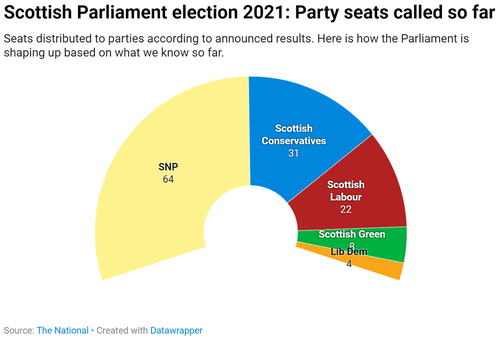
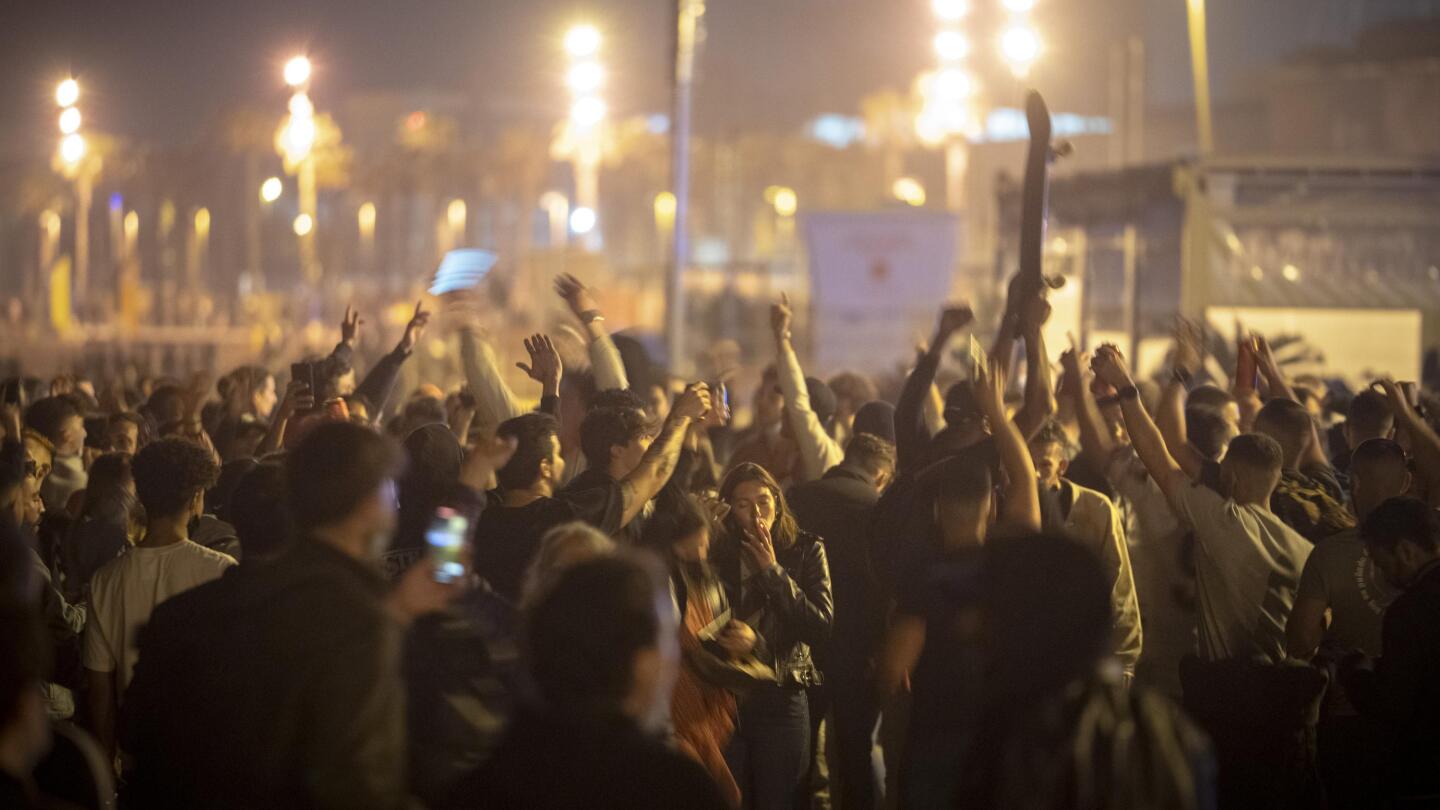

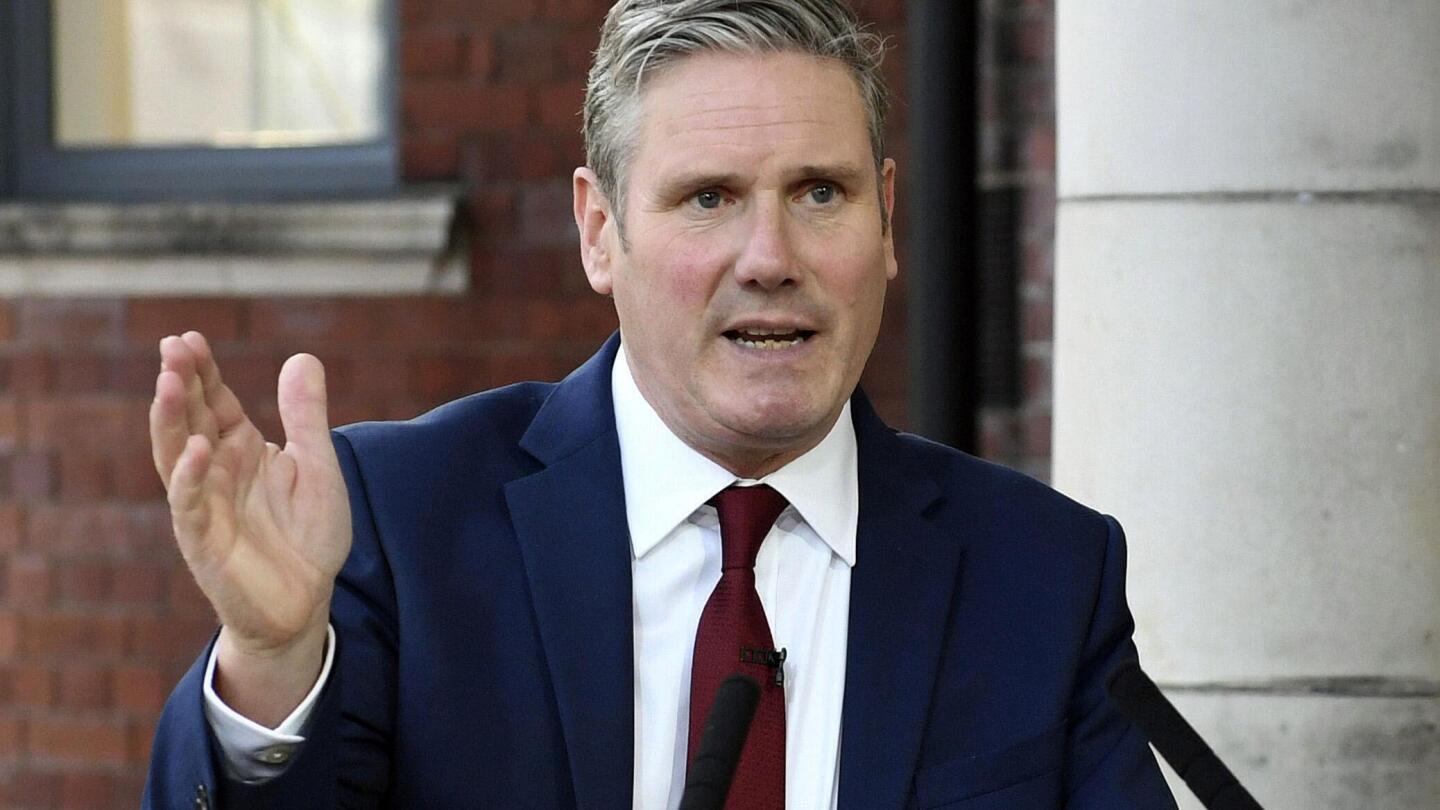






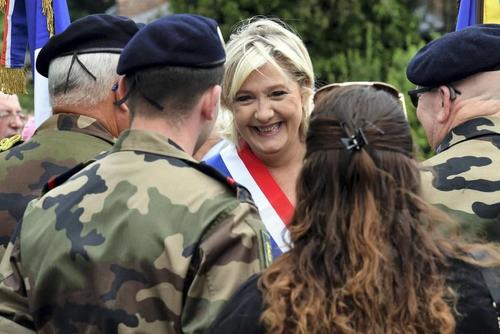 Marine Le Pen speaking to military personnel, via AFP
Marine Le Pen speaking to military personnel, via AFP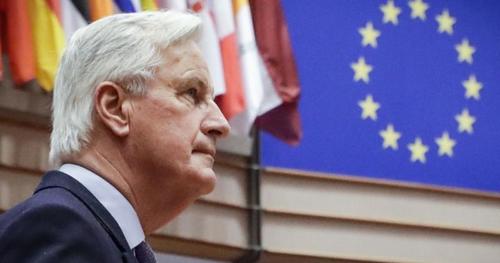


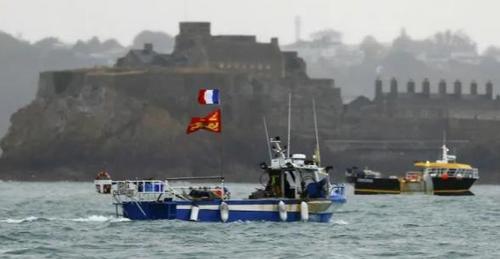
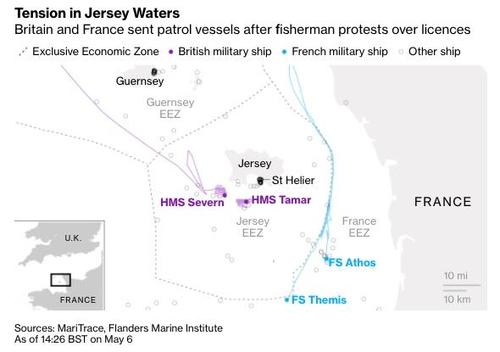




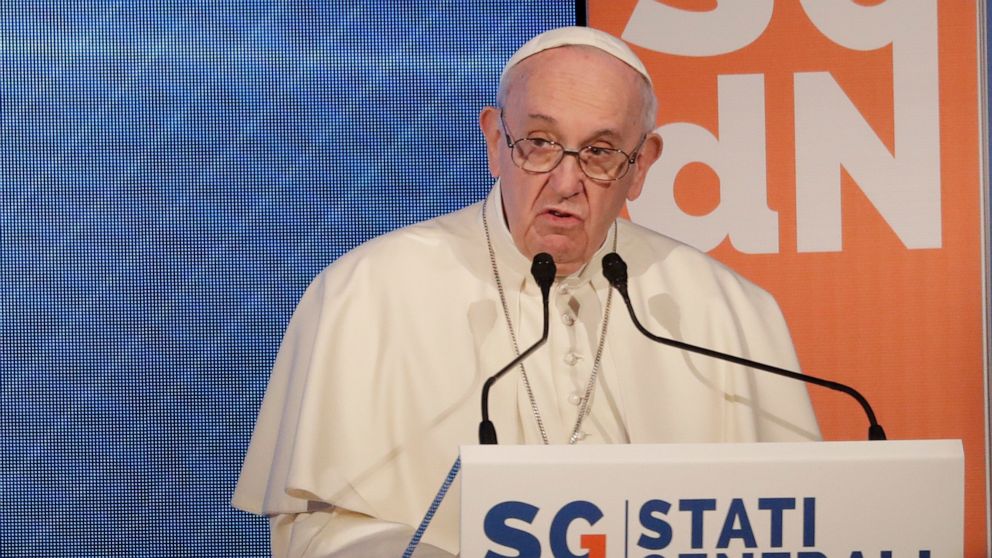




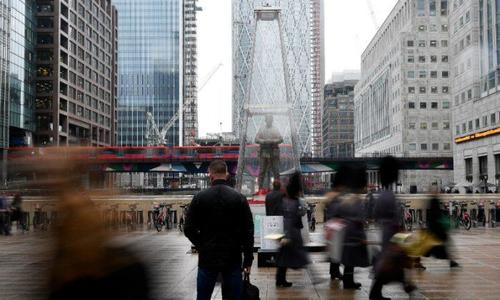
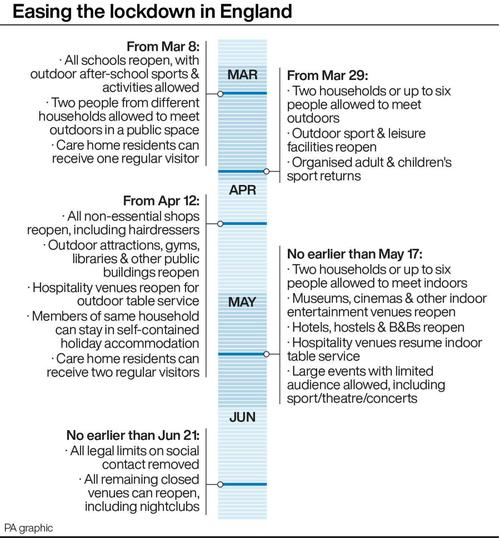
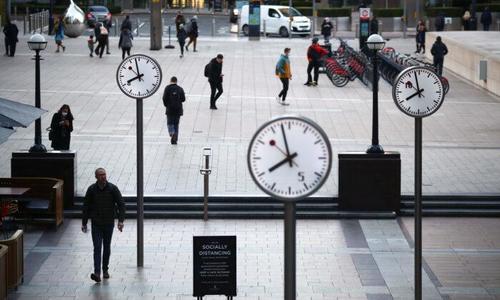
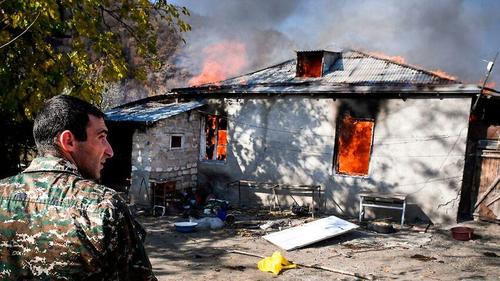 Last year Armenians in and around Nagorno-Karabakh set fire to their own houses ahead of handing over territory to Azerbaijan, via AFP
Last year Armenians in and around Nagorno-Karabakh set fire to their own houses ahead of handing over territory to Azerbaijan, via AFP



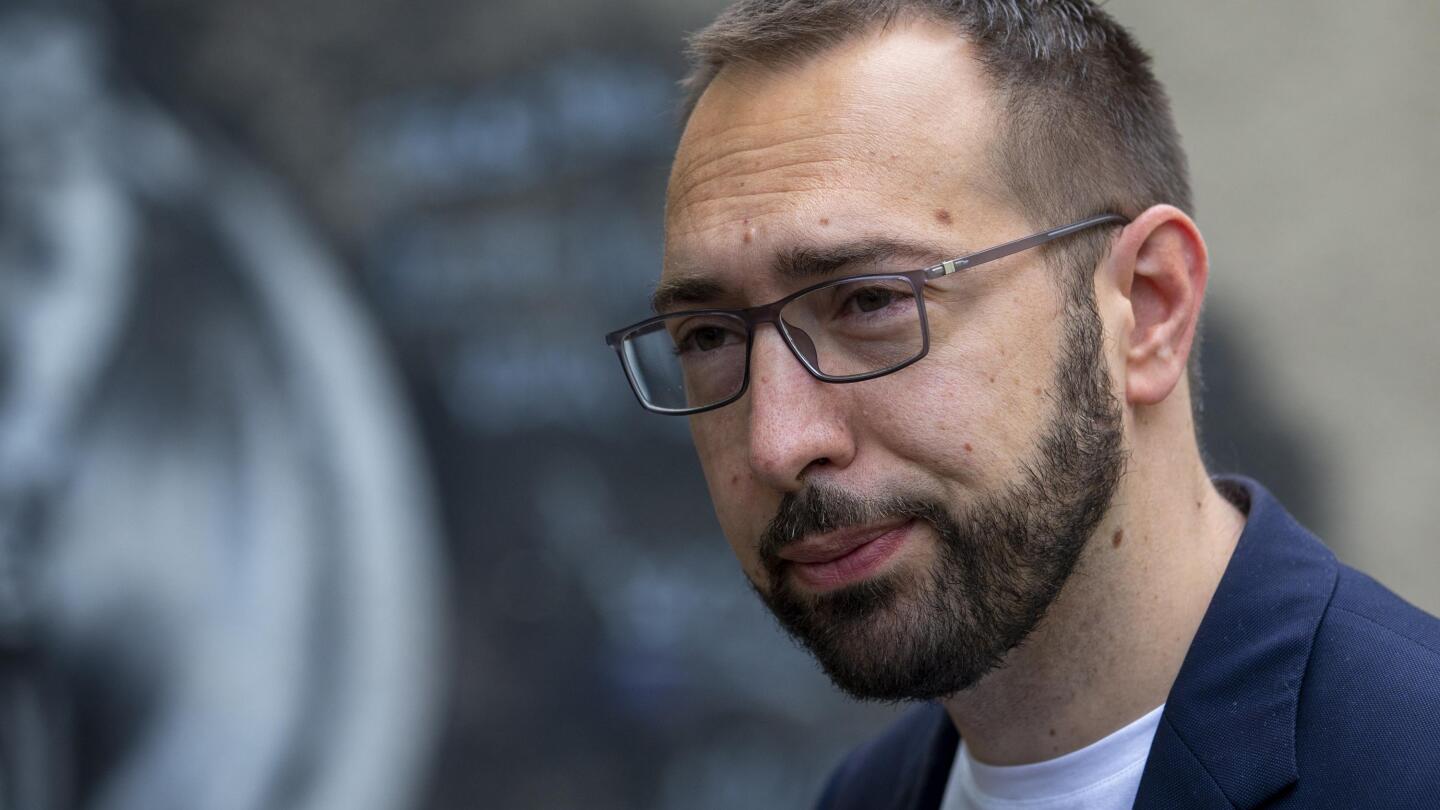



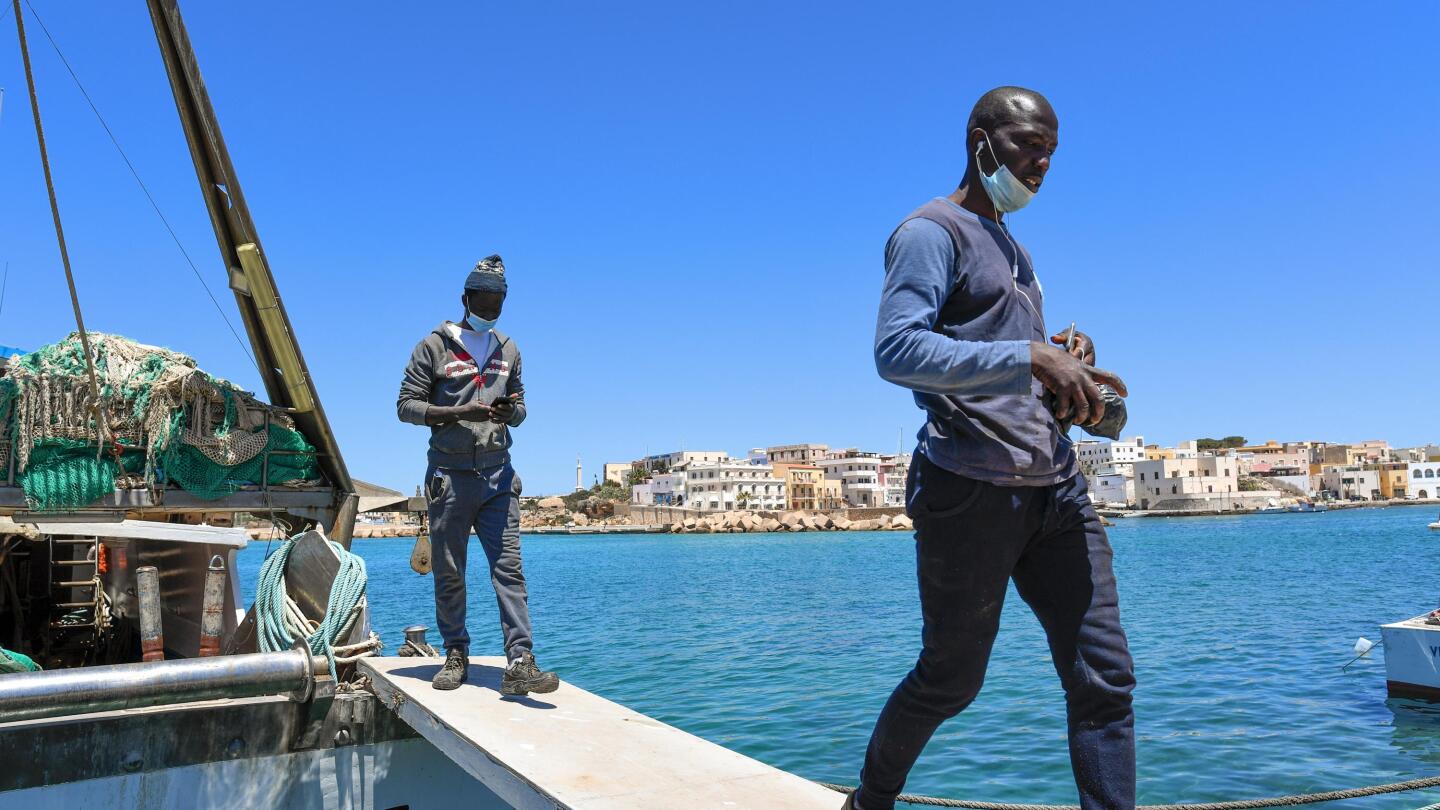

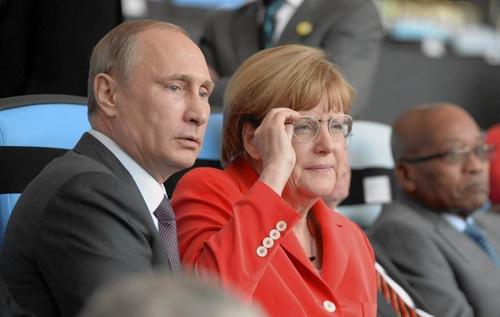 Image: Ria Novosti/EPA
Image: Ria Novosti/EPA